Covid app: Woman gets result of test she says she did not take
- Published
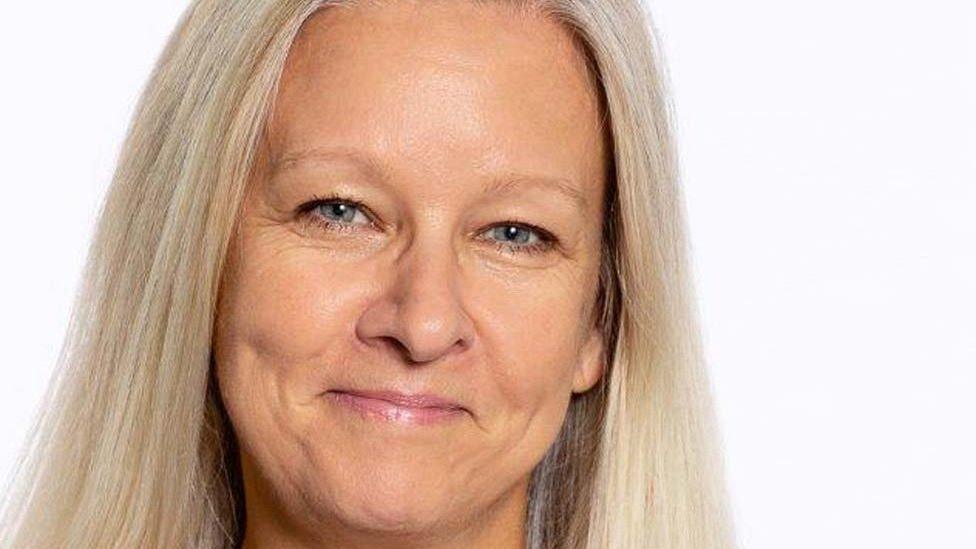
Elaine Watson is not sure the app notification was meant for her
The government's Test and Trace app has given a women the results of a Covid test she said she had not taken.
Elaine Watson, from Middlesbrough, was told by the app to self-isolate for seven days and then, on day six, that her test had come back negative.
"I'm thinking, what do you mean a test? I haven't had a test," she said.
The Department of Health and Social Care (DHSC) said the app was constantly being improved in response to feedback but most users had "no issues" with it.
Ms Watson, a member of BBC staff, said she was not contacted by Test and Trace and had not taken a coronavirus test because she had no symptoms.
"Was that message meant for somebody else? Did I really need to isolate?" she asked.
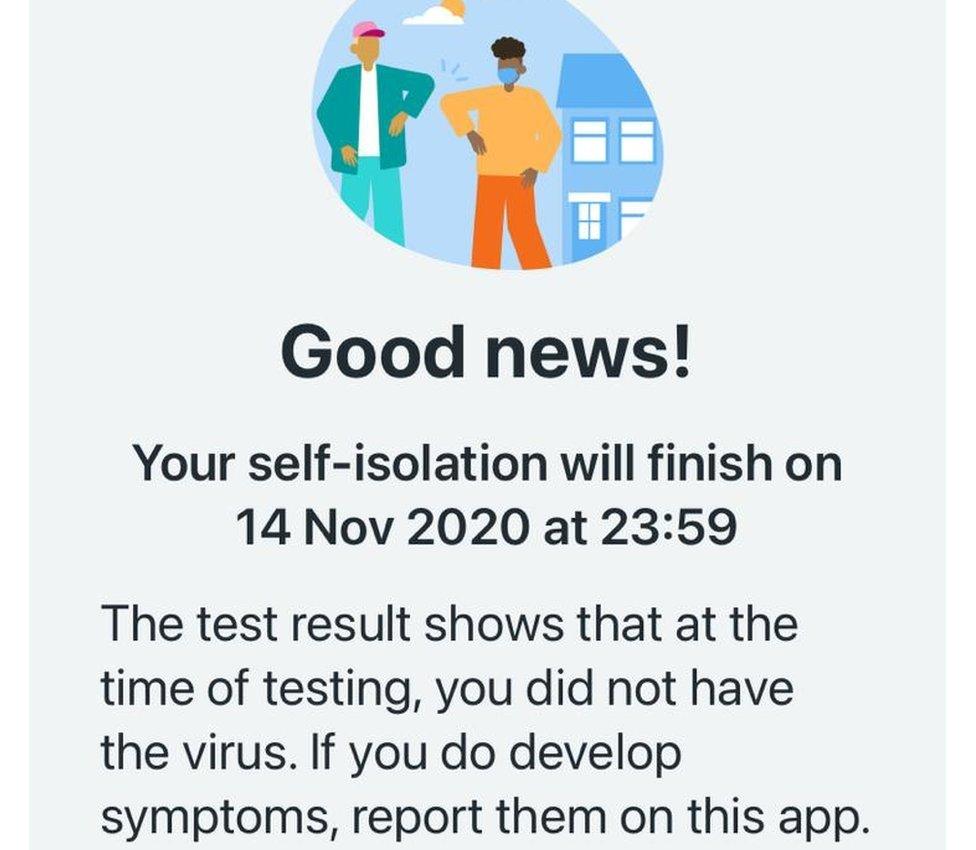
But Elaine Watson had not taken a test
Other people have said they were sent results for tests they had not taken and some have taken a test but received no result.
Alex Weedon, from Colchester, was emailed by Test and Trace to say he had coronavirus, despite not having taken a test.
Trying to track down who the intended recipient had been was "baffling", he said.
Test and Trace has failed to contact about 19% of people whose cases have been passed to it after testing positive.
Between 28 May, when it launched, and 18 November, external nearly 17% (160,569) were not contacted. For 20,091 of these, "communication details not provided" was given as the reason.
The DHSC said everyone who tested positive was informed, but it was not clear on how a person's contact details could become "not provided" between them being informed and their case being passed to contact tracers.
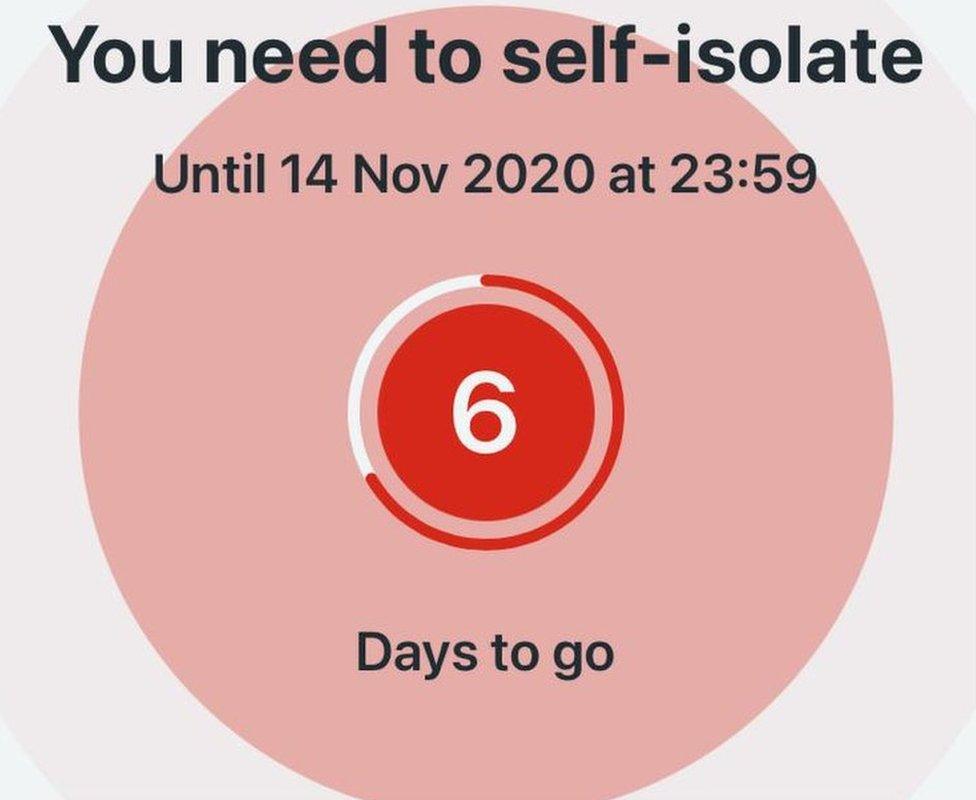
Delays in developing symptoms, getting results and sharing them with the app can eat into the remaining isolation time
British Medical Association North East chairman Dr George Rae asked why contact tracers could not call the person on the number used to text them their results.
"That doesn't make any sense at all, does it?" he said.
One contact tracer from Teesside, who wished to remain anonymous, said he was not able to reach about 60% of the people he tried to contact.
"It is probably even higher than 60% that aren't reached, but I try to be at least a little optimistic," he said.
Another contact tracer said there was "no clear guideline" on how many attempts should be made before giving up.
If a person could not be reached there was no way of knowing whether the tracer had the correct number, he said.

LOCKDOWN LOOK-UP: The rules in your area
THREE TIERS: How will the system work?
PAY-PACKET SUPPORT: What do chancellor's plans mean for wages?
SUPPORT BUBBLES: What are they and who can be in yours?
TEST AND TRACE: How does it work?


Follow BBC North East & Cumbria on Twitter, external, Facebook, external and Instagram, external. Send your story ideas to northeastandcumbria@bbc.co.uk, external.
- Published20 November 2020
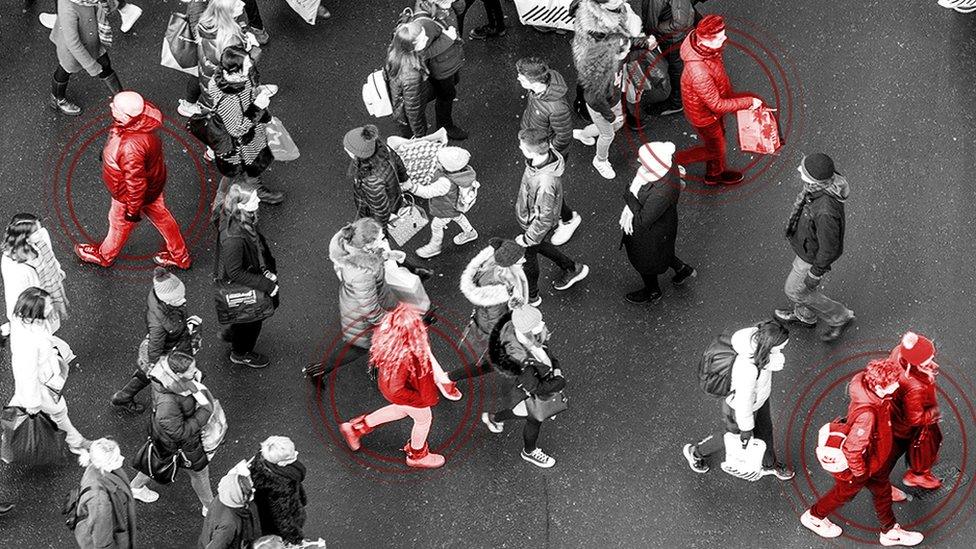
- Published5 August 2021
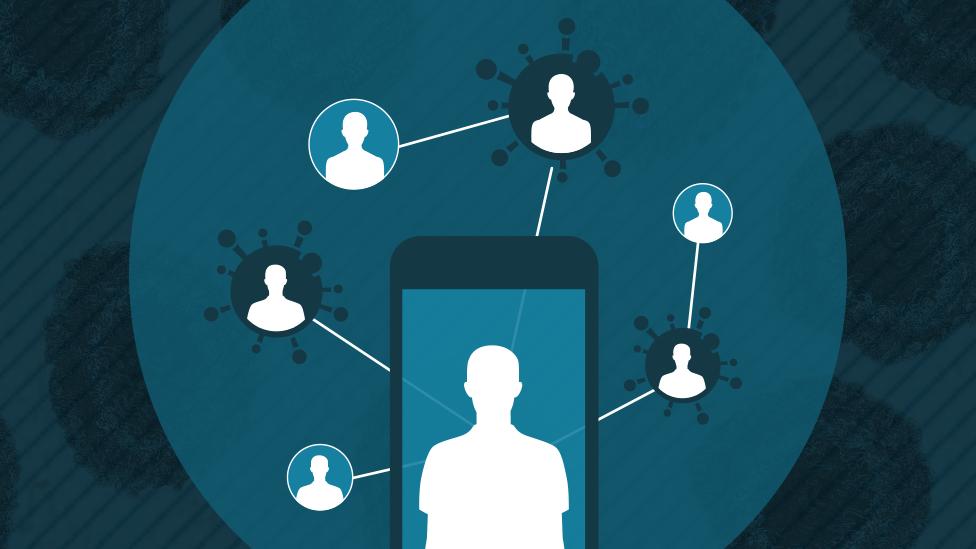
- Published13 October 2020
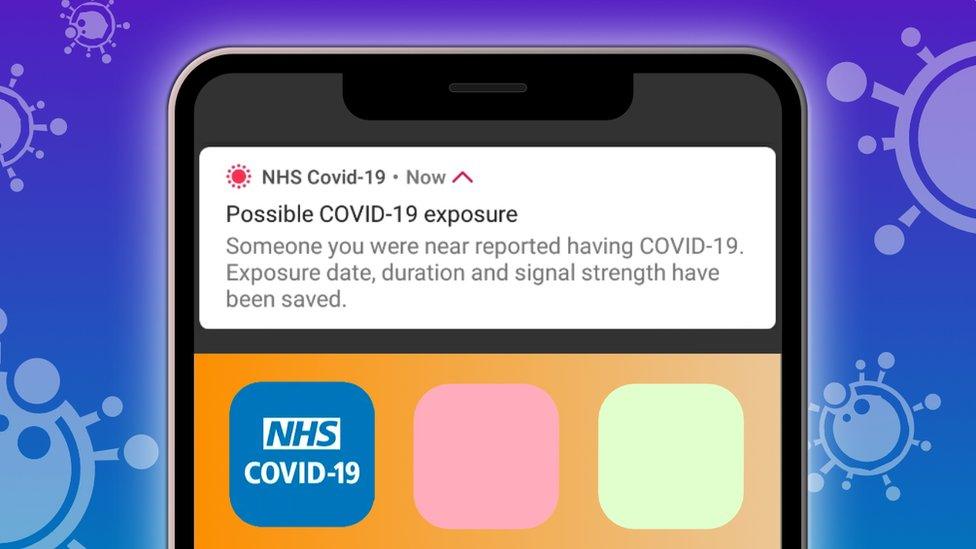
- Published21 October 2020
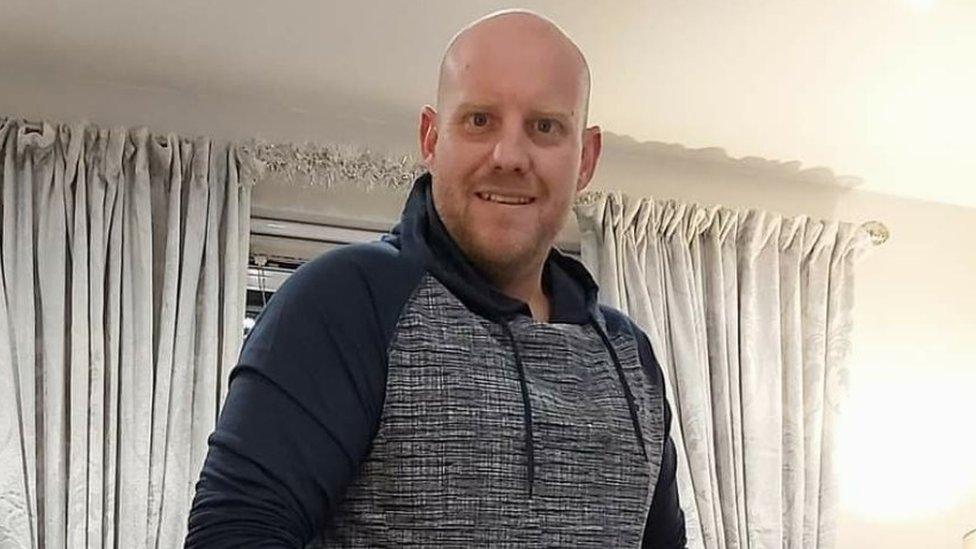
- Published7 October 2020
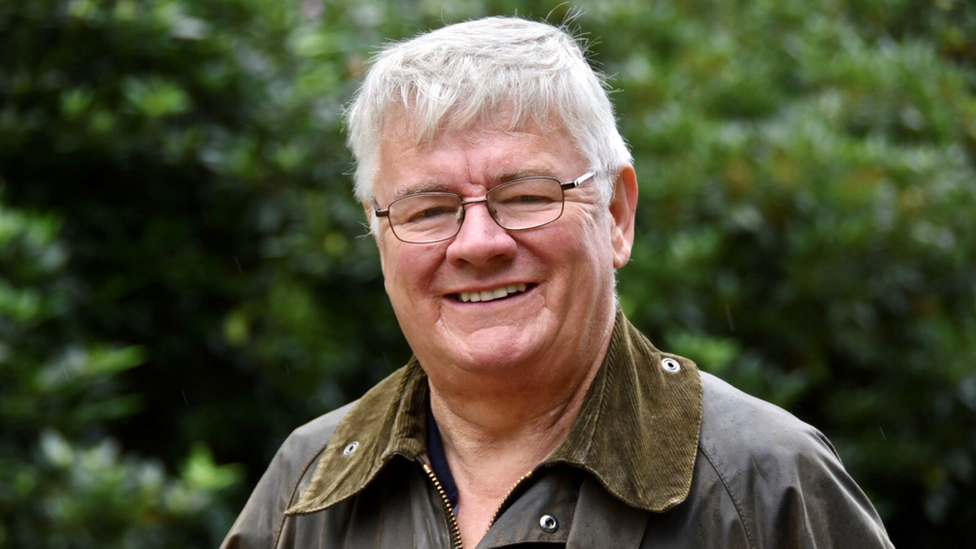
- Published28 September 2020
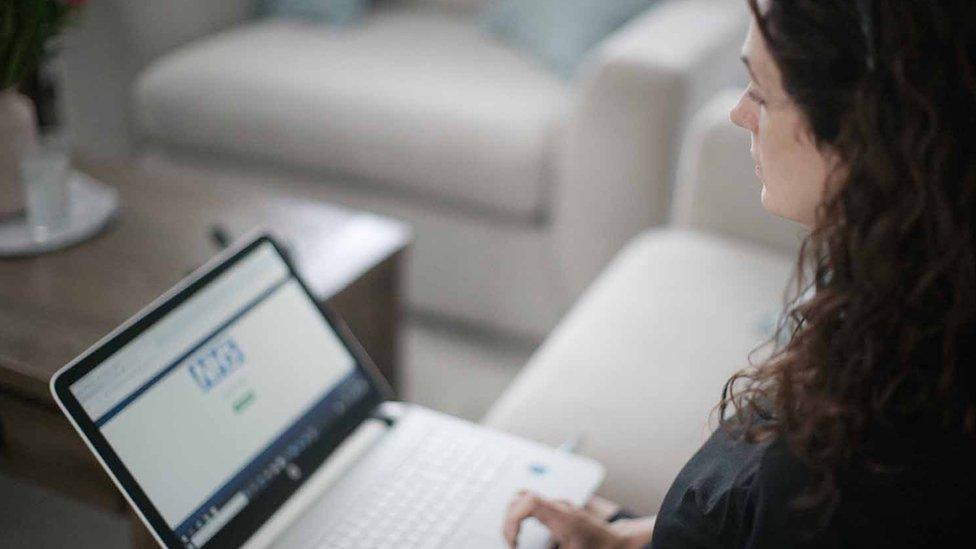
- Published28 September 2020
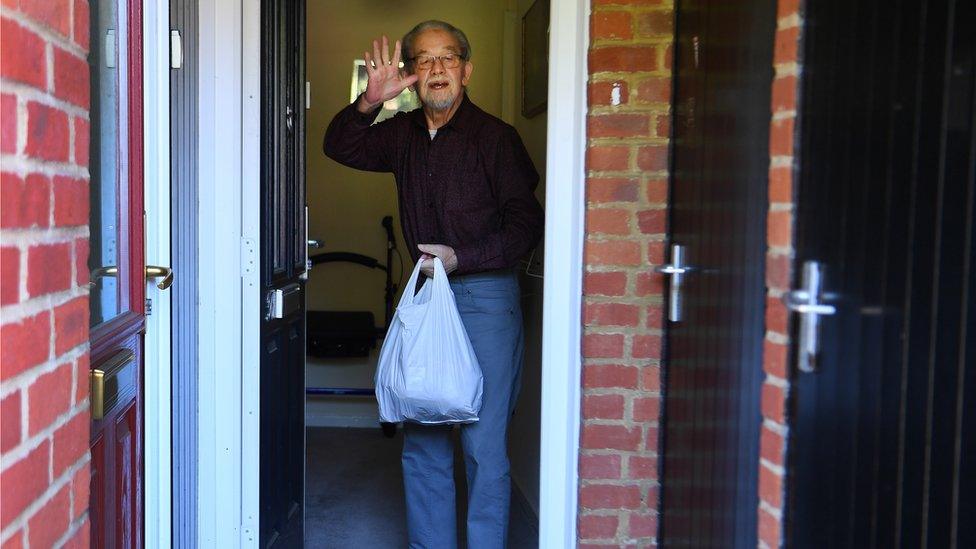
- Published23 September 2020
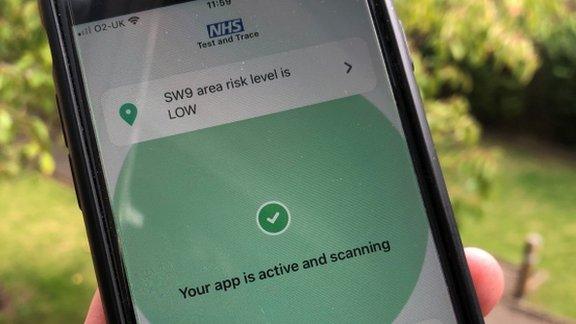
- Published24 September 2020
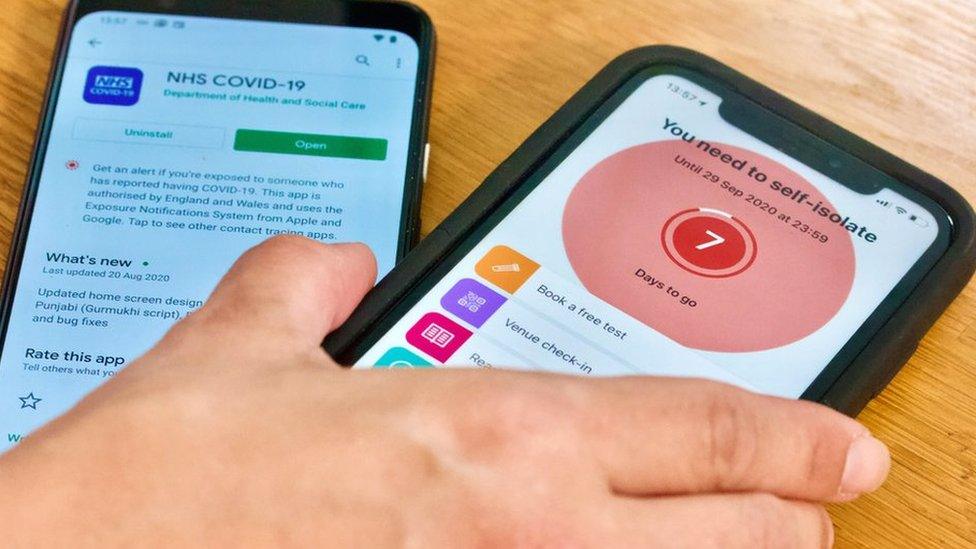
- Published15 August 2020
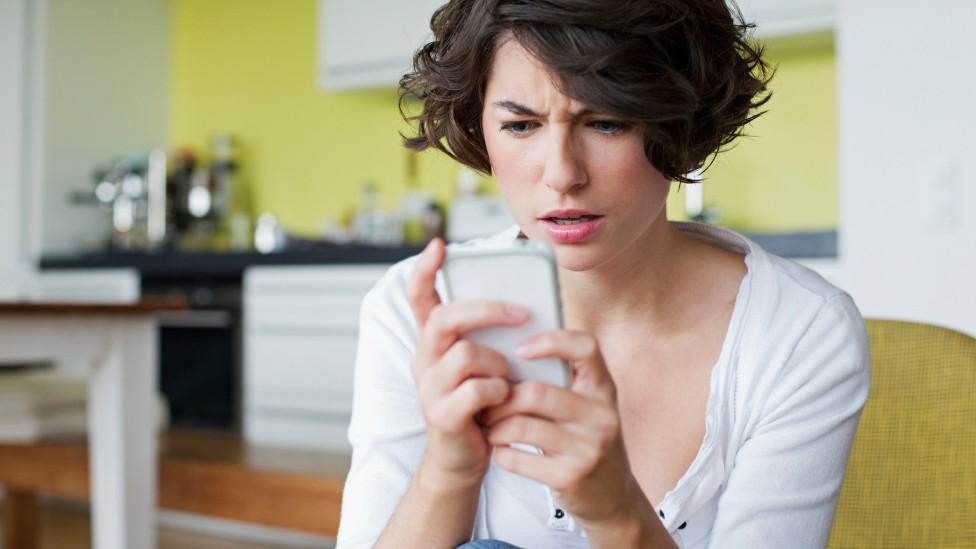
- Published23 May 2020